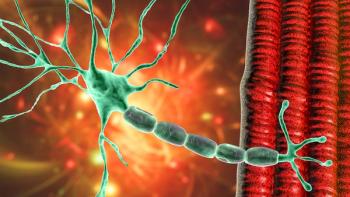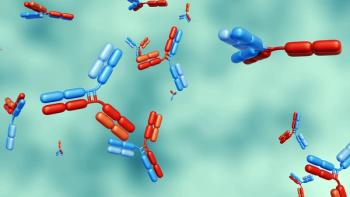
Survey Reveals Attitudes of Public Toward Rare Diseases and Medicines Access
BIA has published a report presenting the findings of a survey on the public attitudes toward equal access to medicines for those living with rare diseases.
The UK BioIndustry Association (BIA) has published a report presenting the findings of a survey on the public attitudes toward equal access to medicines for those living with rare diseases, it was announced in a June 17, 2021 press release.
Results of the survey, which was conducted by YouGov, have shown that the public strongly believe that patients living with rare diseases should have equal access to medicines via the National Health Service (NHS) as those living with more common conditions. Additionally, the majority of survey respondents agreed that patients with rare diseases should have access to medicines assured by the NHS on a basis of clinical need, irrespective of cost.
The survey findings follow recent assertions made by the National Institute for Health and Care Excellence (NICE), specifying that there isn’t an appetite among the general public for specific measures to tackle rare disease. BIA’s report, Public Attitudes to Rare Diseases: The Case for Equal Access, recommends that NICE revises its position on rare conditions and medicines access, and that the body consider the value of a rarity modifier when performing health technology assessments.
“As scientific discovery delivers new and extraordinary treatments, it is essential that patients are able to benefit from them and that must include people living with rare diseases. Securing patient access to rare diseases face very specific issues, including small patient populations, relatively poor understanding of the epidemiology of these conditions, a significant diagnostic odyssey and the absence of a ‘standard of care’ to act as a benchmark,” said Steve Bates, CEO of the BIA, in the press release. “This survey once again demonstrates that there is broad public support for measures to ensure access to medicines for rare diseases based on clinical need even if that would entail higher costs. We would therefore encourage NICE and the Department of Health and Social Care to revisit their assumptions on public appetite for rarity-specific measures.”
Source:
Newsletter
Stay at the forefront of biopharmaceutical innovation—subscribe to BioPharm International for expert insights on drug development, manufacturing, compliance, and more.




